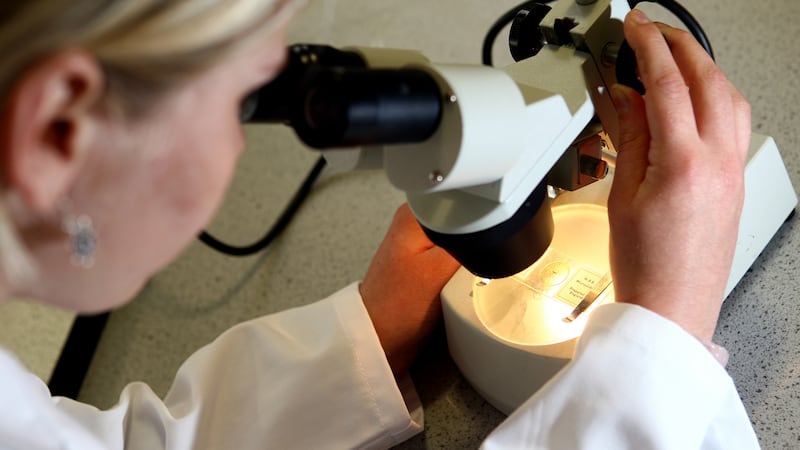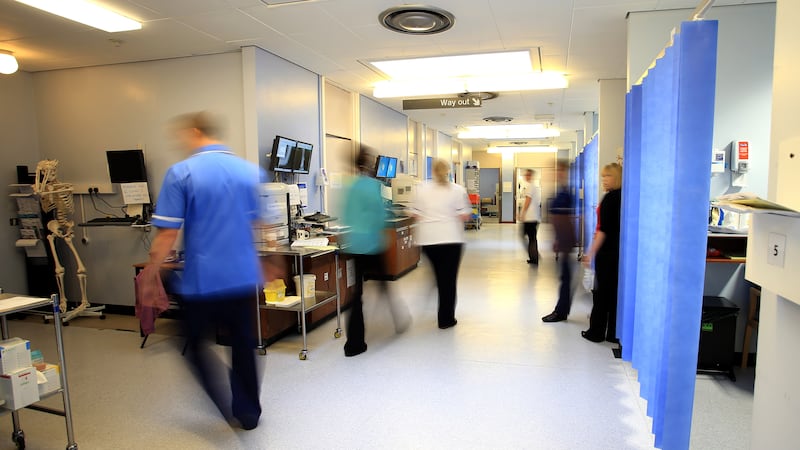The revelation that Pope Francis will visit Ireland in August to attend the World Meeting of Families will be warmly welcomed by most Irish Catholics.
However, the emerging belief that he won’t visit the north will come as a massive disappointment to the Catholic community in the six counties.
While it is understandable that the Vatican and organisers of the families gathering in Dublin wish the focus of the Papal visit to be on that event it is naive and downright foolish to think that the non appearance of the pope in the north won’t be viewed as a snub and insult by Catholics in the six counties.
The north is seen as unfinished business for the Vatican by many northern Catholic laity and clergy. Armagh is the ecclesiastical capital of Ireland and Pope John Paul II was due to go there in 1979. His absence then was totally understandable due to the times and circumstances but now it is hard to see why Pope Francis cannot make the short trip up the road.
For northern Catholics the presence of the pope here is very important symbolically.
Apart from the north of Ireland there are very few other places in western Europe since the Second World War, if any, where Catholics have been murdered simply because of their faith; where Catholic clergy have been killed because of their religion and where places of Christian worship have been destroyed and attacked because they were Catholic – our graveyards and closed chapels are a litany to this.
Many northern laity and clergy believe that the Vatican and southern Irish dioceses and flock have buried their heads and given scant regard to, or recognition of, these facts.
The stark reality is that northern Catholics will view the absence of Pope Francis here as a snub, insult and total indifference by the Vatican and Irish bishops of the sacrifices that Catholics in the six counties have made, not only since 1968 but since the foundation of the Northern statelet in 1921.
It is now over to the Catholic Church in Ireland and the Vatican to resolve a very hurtful issue that requires resolving. August is the time to put right that long, outstanding wrong. Pope Francis should make an appearance in the north or it could cause deep and long lasting bitter ramifications, and even divisions, for the Catholic Church
in Ireland.
S BURNS
Belfast BT15
The right to life is a universal moral principle
Mary Lou McDonald (March 24) claims to want to rid Irish politics of ‘Catholic dogma’ for the benefit of everybody.
Mary Lou’s ‘everybody’ unfortunately apparently does not include pre-born Irish citizens. Sadly, in the eyes of most Irish politicians today these pre-born bodies are in fact nobodies allowing Mary Lou and others to justify the claim that any attempt to preserve their right to life is a throwback to Catholic dogma and intolerance.
Mary Lou’s everybody also fails to include those people from her own party who cannot in conscience be associated with a Caesar’s ‘thumbs down’ to perhaps countless thousands of future Irish citizens.
In Mary Lou’s version of everybody, those who dissent or dare to speak of conscience are barred, suspended, expelled or forced to resign. Is such dogma more acceptable than the Catholic dogma she resents so much? Interestingly the Catholic Church does not suspend, silence or expel members nearly as easily as the super sensitive Irish political parties who spend so much time preaching to us about how intolerant the Catholic Church is.
In reality of course all citizens on the island of Ireland, pre-born or born, have the legal right to protection against being terminated as a matter of anyone’s choice. Such an inalienable right to life is the hallmark of our culture and civilisation even in the face of extreme external pressures from neighbours far and near.
We the people of all Ireland are doing and will continue to do our utmost to protect all human life at every stage in spite of cross-party political collusion and media bias in favour of removing the right to protection and life for the pre-born.
Mary Lou McDonald and others must learn that the right to life, the right to not be terminated in the womb for any reason simply as a matter of choice, is not Catholic dogma but rather a universal moral principle shared by civilised peoples of all faiths and none.
BJ TURBET
Strabane, Co Tyrone
Funding party politics
Newton Emerson’s analysis of funding options for political parties (March 25) was limited to suggesting governance would improve via funding from private sources.
But we have the evidence of how private funding for the English political parties created three Tory parties (blue, yellow and red) albeit one led by a sandal-wearing refugee from the 1960s. We see the evidence of the collapse of governance in politics in the US with private unlimited finance in politics.
Previous studies have suggested two other options – through membership or through the ballot box.
There have been several efforts to introduce a system of match-funding party membership fees to increase participation in politics. Tory led opposition blocked this fearing benefit to Labour in England, the SNP in Scotland and SF in Ireland.
This leaves the obvious approach of funding parties based on the number of votes they get. This option would enable a ban on private funding from vested interests and avoid the corruption of politics by powerful monied interests.
Cllr CADOGAN ENRIGHT
Independent,
Downpatrick, Co Down
Stumbling block to talks
The Irish language has become one of the largest stumbling blocks in talks aimed at getting the Northern Ireland Assembly back up and running.
To be critical or not, there is a very good reason for the argument to have an Irish language act and for the Irish language to be legally protected in the six counties. The act was promised by the UK government in the St Andrews Agreement in 2006 and also recommended by the Council of Europe.
Furthermore, following the Anglo-Irish Agreement of 1921 a gap developed because of partition between the 26 counties, Irish Free State and the six north eastern counties, Northern Ireland. Religion became the badge of distinction. Catholics, later to be known as nationalists, found their historical identity in the indigenous Gaelic community of Ireland. The sense of differing historical origins lead the individuals comprising the two communities – nationalist and unionist – to value different cultural traditions.
Nationalists perceived themselves Irish, while unionists perceived themselves British.
Throughout the period from the set up of Northern Ireland to the present day, the interest in the Irish language from the Gaeilgeoirí has grown considerably among the nationalist community, who no longer felt they had to disguise their interests, and to a lesser degree, a small number of liberal unionists. In fact a large number of online language learning sites, including the BBC, list Irish on their learning platform.
It could be argued that the growth in the Irish language along with the revival of a cultural Irishness has come about during the recent Troubles, the growth of republicanism and as a matter of policy by Sinn Féin, and backing by some other non-unionist parties in the assembly.
JAMES G BARRY
Dublin 6







